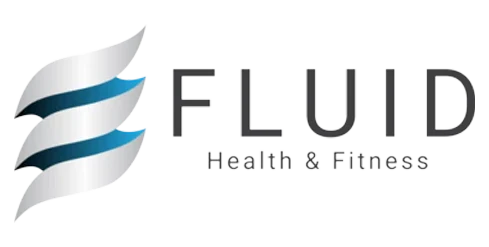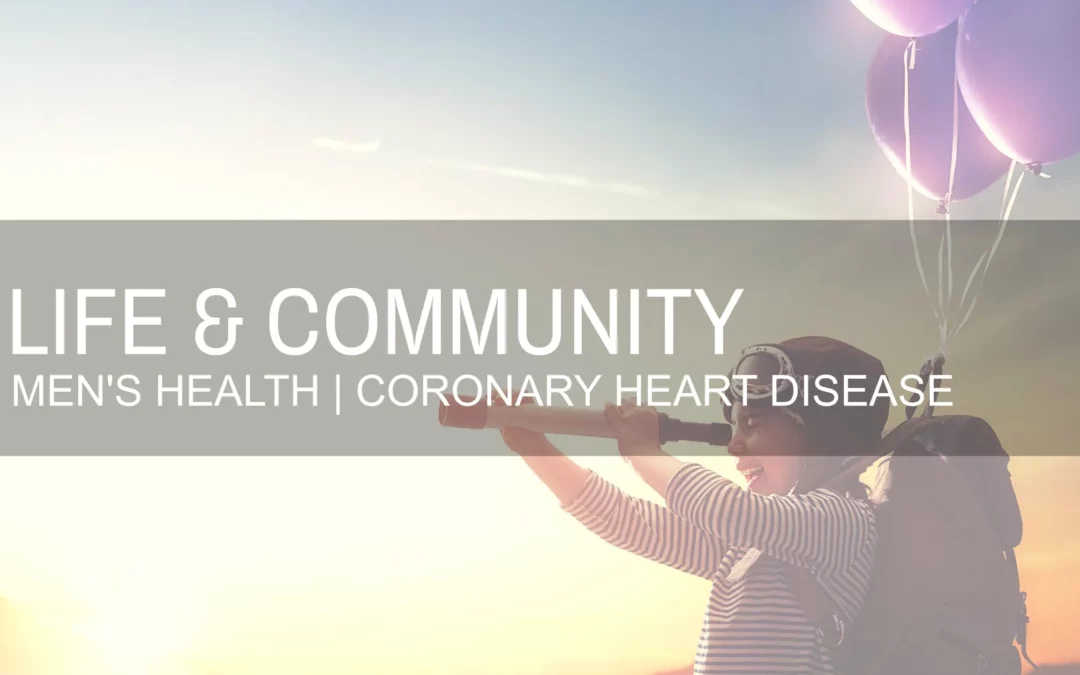Men’s Health and Coronary Heart Disease
BOOK AN APPOINTMENT
What Is Coronary Heart Disease?
Heart disease refers to a group of medical conditions that interfere with the proper functioning of the heart.
The most common type is coronary heart disease. This condition happens when plaque starts building up on the walls of the coronary arteries, which can eventually lead to blood flow restriction and, ultimately, a heart attack. This type is most commonly associated with a prolonged unhealthy diet of processed fatty foods and simple sugars and a sedentary lifestyle.
Heart Disease in Men
According to the CDC, heart disease is the leading cause of death for American men – the culprit for 1 in 4 deaths in men. It is responsible for the highest mortality rates across most racial groups (Asian and Pacific Islanders also suffer from high heart disease mortality, second only to cancer). Half of the men who die suddenly from heart disease present no previous symptoms (often referred to as a “silent” heart attack). Because of the stark statistics, it is important to stay mindful of one’s heart health.
Risk Factors
There are some unchangeable risk factors for heart disease but many are in our control, specifically those related to daily lifestyle choices.
- Male
- Aging process, especially at age 65+
- Genetics
- High blood pressure
- High cholesterol
- Poor diet
- Diabetes
- Smoking and drinking
- Long-term stress
- Sedentary lifestyle
- Excess weight and obesity
Signs of Heart Attack in Men
At least 45% of heart attacks are considered “silent” because of the mildness of the symptoms preceding the attack. So even if you are experiencing a series of mild symptoms which seem out of the blue, (shortness of breath, cold sweats, dizziness, nausea, headaches, pain/tenderness/discomfort in the arms, chest, back, jaw, gut), stay mindful. The body acts as a barometer for our physical health; subtle changes may be indicative of a bigger underlying health issue.
The more known symptoms of visible heart attacks include:
- Pain or discomfort in the chest, jaw, neck
- Stomach cramps, indigestion, heartburn, nausea and/or vomiting
- Pain, discomfort, tightness in the extremities due to the restriction of the blood vessels
- Shortness of breath
- Body temperature disruption (excessive sweating or chills)
- Fatigue, fainting, dizziness
Lifestyle Tips to Lower the Risk of Heart Disease
- Limit drinking and smoking
- Maintain a balanced diet with lean protein, healthy fats, complex carbohydrates, and some simple carbohydrates (a moderate amount of fruit)
-Limit processed simple carbohydrates and unhealthy fats
- Exercise at least 150 minutes per week with mixture of BOTH cardio and resistance training
- Sleeping at least 7 hours per night helps the body to recuperate and heal
- Reduce the factors of stress within YOUR control and make sure to carve out time for the things, places, and people you enjoy
- Staying on top of annual check ups and other medical appointments can act as a preventative measure for common ailments that may lead to heart disease, such as diabetes, hypertension, and high cholesterol
References
- https://www.health.harvard.edu/heart-health/the-danger-of-silent-heart-attacks
- https://www.cdc.gov/heartdisease/men.htm
- https://www.keckmedicine.org/4-types-of-heart-disease-and-how-to-help-prevent-them/



